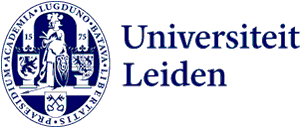
What are we defending? Steven Pinker on the core values of NATO and the Enlightenment
NATO not only safeguards our security and stability, but also defends Enlightenment principles, promoting prosperity, health and freedom. This is what eminent psychologist and thinker Steven Pinker suggested to a packed Great Auditorium.
With the NATO summit starting earlier that day just down the road in The Hague, it was no coincidence that this Harvard professor had come to Leiden on 24 June. Professor of Constitutional and Administrative Law, Wim Voermans, had invited Pinker to give a lecture What are we defending? on the importance of the North Atlantic Treaty Organization – an importance that is only growing in a world torn by geopolitical and societal tensions.
NATO and the Enlightenment
Pinker began the lecture by looking back at the 1949 NATO Charter. The preamble announces that the member states are determined ‘to safeguard the freedom, common heritage and civilisation of their peoples’. And Article 2 states that NATO countries will bring about a better understanding of the ‘principles upon which free institutions are founded’. NATO, Pinker noted, therefore recognises it is committed to defending more than borders alone. ‘I think these can be identified with the principles of the Enlightenment. Many people embrace these principles but are often unable to name them. These are principles that have more or less faded to the background’, Pinker said.
The legacy of the Enlightenment
Pinker then took the audience through the key principles of the Enlightenment: reason, science, humanism and progress. These concepts are deeply embedded in modern democratic societies, but, Pinker suggested, are by no means obvious. That is why they need a positive defence and explicit commitment.

Reason over faith, analysis over assumption, dialogue over dogma: these are pillars of reason. Still, Pinker maintained, human beings are inherently susceptible to cognitive biases such as prejudice, confirmation bias and overconfidence. But we are capable of reason if we adopt certain norms, such as free speech, fact-checking, and open criticism and debate.
This leads to the necessity of science. Pinker described this as our most reliable means of understanding the world, including human nature and society. In times of disinformation, this attitude is more important than ever, he said, underscoring the vital importance of academic freedom. A university is, by its very nature, the ideal place for diverse perspectives, not only on knowledge, but also on ideas and opinions.
Humanism as a moral compass
Alongside reason and science, Pinker stressed the importance of humanism: the idea that reducing human suffering and enhancing the flourishing of human beings is the ultimate moral purpose. That is at odds with alternative ideologies that embrace the group, religious obedience or national glory. ‘As a psychologist, I would be the first to acknowledge that by default our circle of sympathy [an imaginary circle of people we care about and share feelings with, Ed.] is small: our kin, our friends, cute little baby animals and that’s about it’, Pinker joked. Humanism requires a circle of sympathy that extends beyond kin, country and beliefs and can be expanded through art, education, mobility and, once again, reason.
Measurable progress
These are not just utopian principles and Pinker used an impressive quantity of data to demonstrate this. Life expectancy has increased worldwide, extreme poverty has declined substantially, education and literacy have increased, and there have been no wars between great powers since 1945. ‘It’s as if we all have two lives compared with our ancestors.’
‘We’ve lost about ten years of progress in women’s empowerment. We cannot say whether that decline will continue or whether it was a temporary blip.’
He can see progress in women’s empowerment, gay rights and democracy, despite some stagnation or even recession in recent years. ‘We’ve lost about ten years of progress in women’s empowerment. We cannot say whether that decline will continue or whether it was a temporary blip’, said Pinker. This highlights how we should not take Enlightenment principles for granted.
A universal compass
Finally, Pinker argued that Enlightenment principles are universal ideals. Although they are associated with the West, they have been rediscovered and embraced all around the world, and the Universal Declaration of Human Rights to the UN Sustainability Goals are evidence of this. What NATO is defending, Pinker proposed, are principles that promote the well-being of all human beings: life over death, peace over war and knowledge over suspicion.
Panel discussion
Pinker’s lecture was followed by a panel discussion with Pinker, Rector Magnificus Hester Bijl and American constitutional expert and Fulbright Scholar Kim Wehle.
-
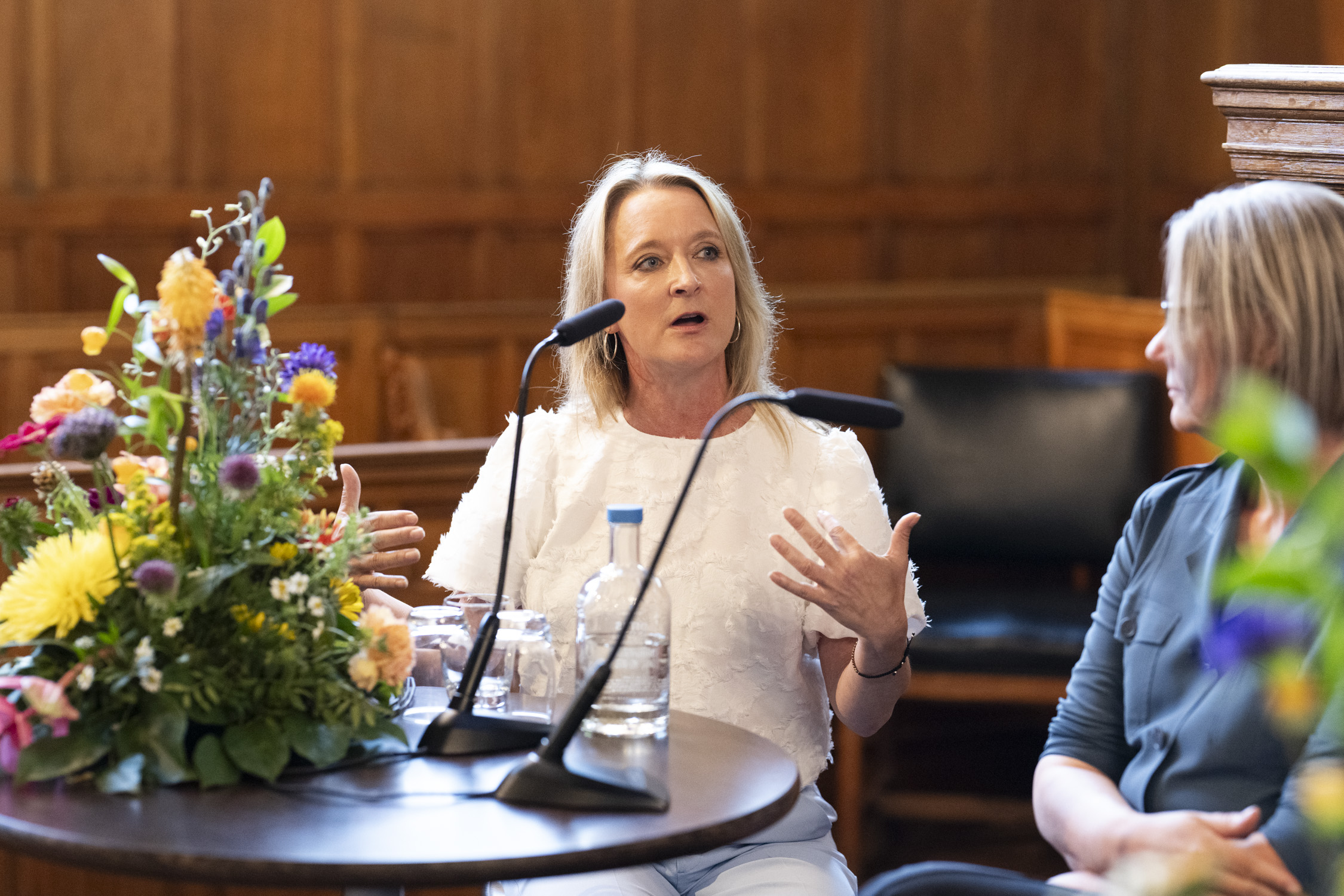
Kim Wehle voices her concerns about the current situation in the United States -
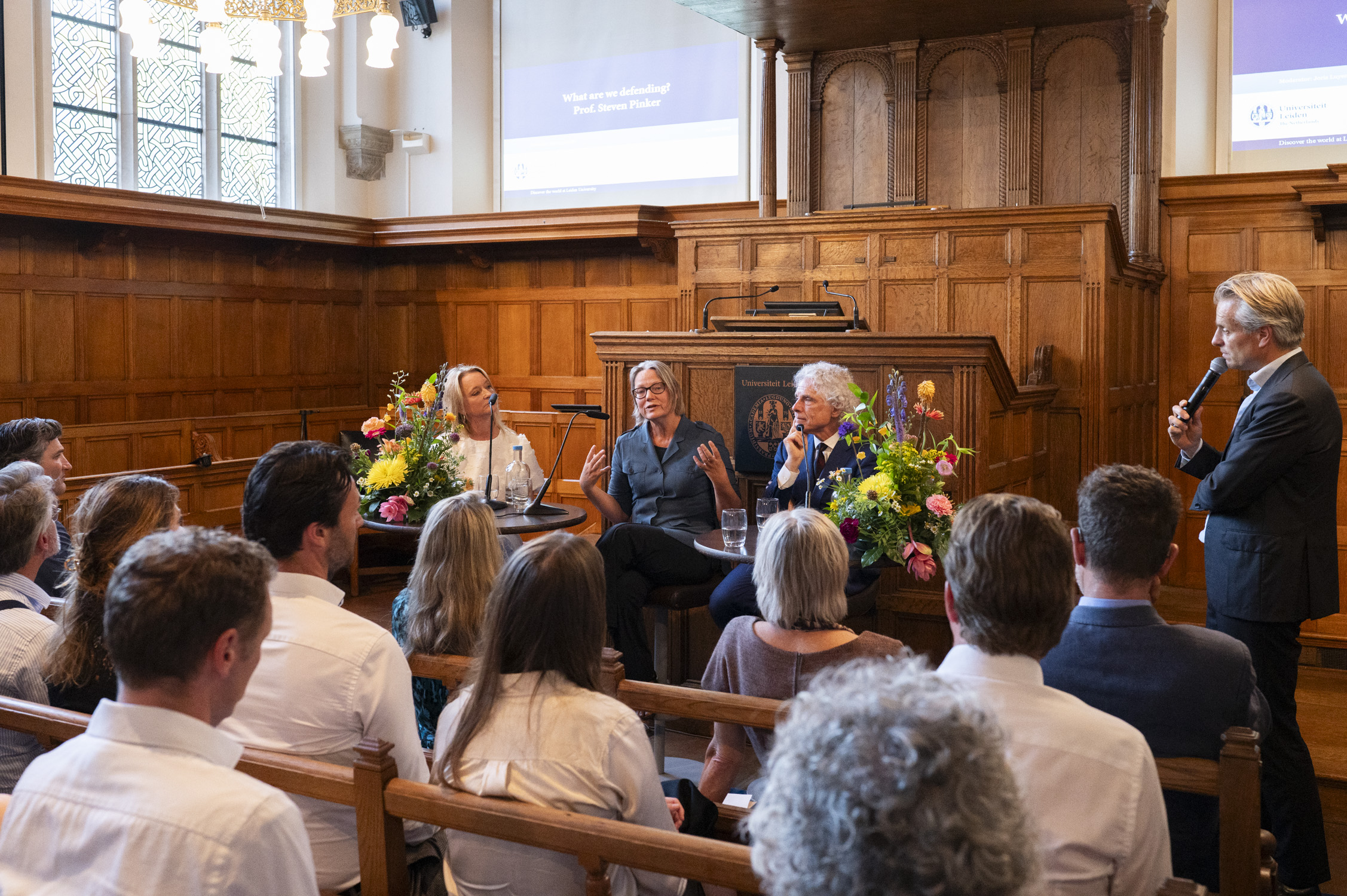
Hester Bijl talks about open dialogue at the university -
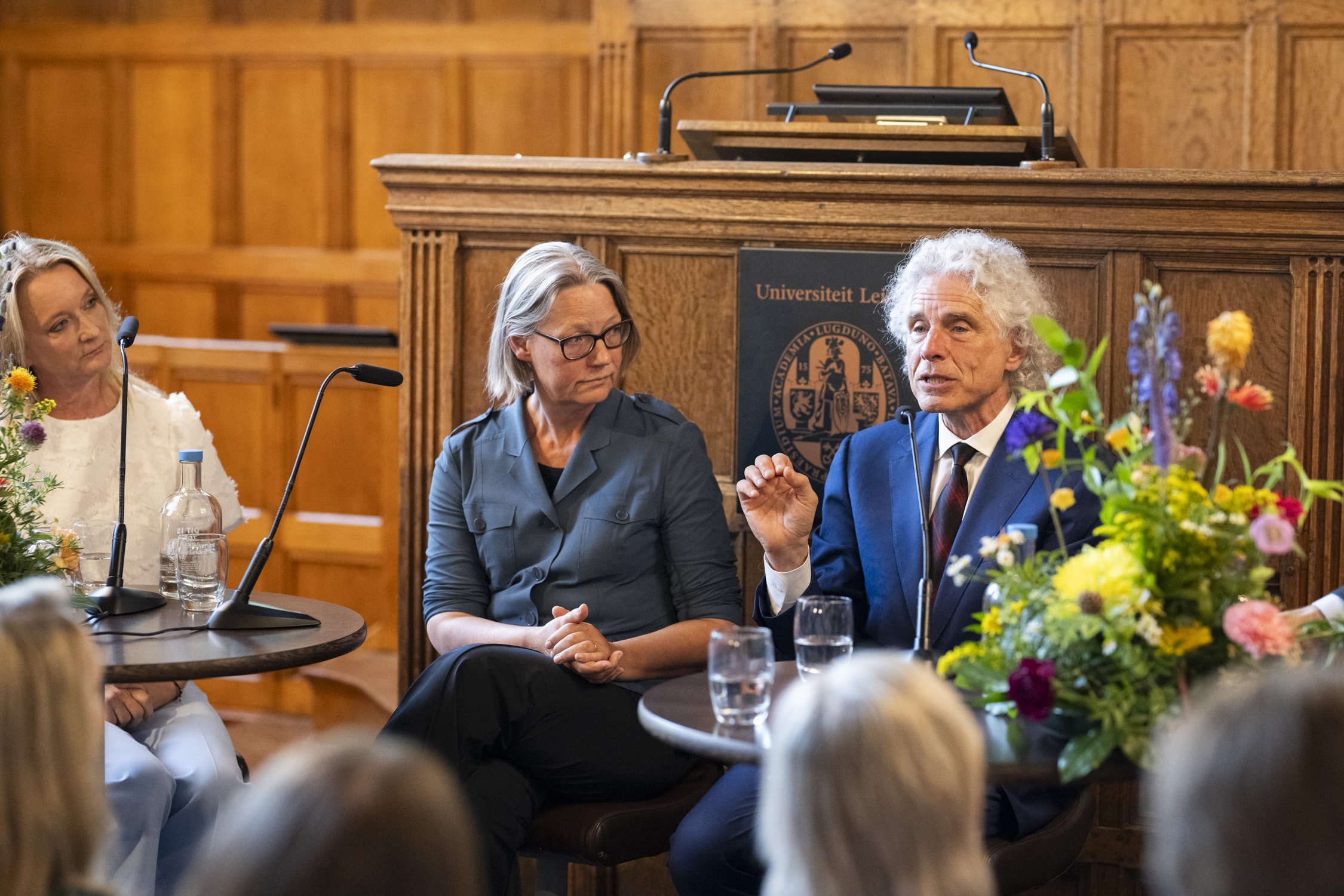
Steven Pinker answers a question from moderator Joris Luyendijk
Moderator and journalist Joris Luyendijk asked Wehle if she could inscribe one sentence in the audience’s long-term memory, what it would be. ‘I’m concerned we’re looking down the barrel of the end of American democracy’, she said with audible emotion. She expressed her concerns about how the Trump administration is handling the rule of law, the media and universities. ‘You would hope that an American president has Enlightenment thinking, but that clearly isn’t the case’, said Wehle.
‘As a student, you are at university to be exposed to different viewpoints and learn from them’
Leiden University also needs to continue engaging with the core principles of the Enlightenment, especially in a landscape of ever-increasing polarisation. ‘We are constantly trying to find the right balance’, said Hester Bijl. This also entails an open dialogue, where everyone has a voice, not just the majority. ‘As a student, you are at university to be exposed to different viewpoints and learn from them.’
Then it was time for questions from the room. Is the Global South even disposed to democracy? Could Pinker give an example of a modern hero of Enlightenment ideals? And what happens with these principles when populists come to power within a democracy?
-
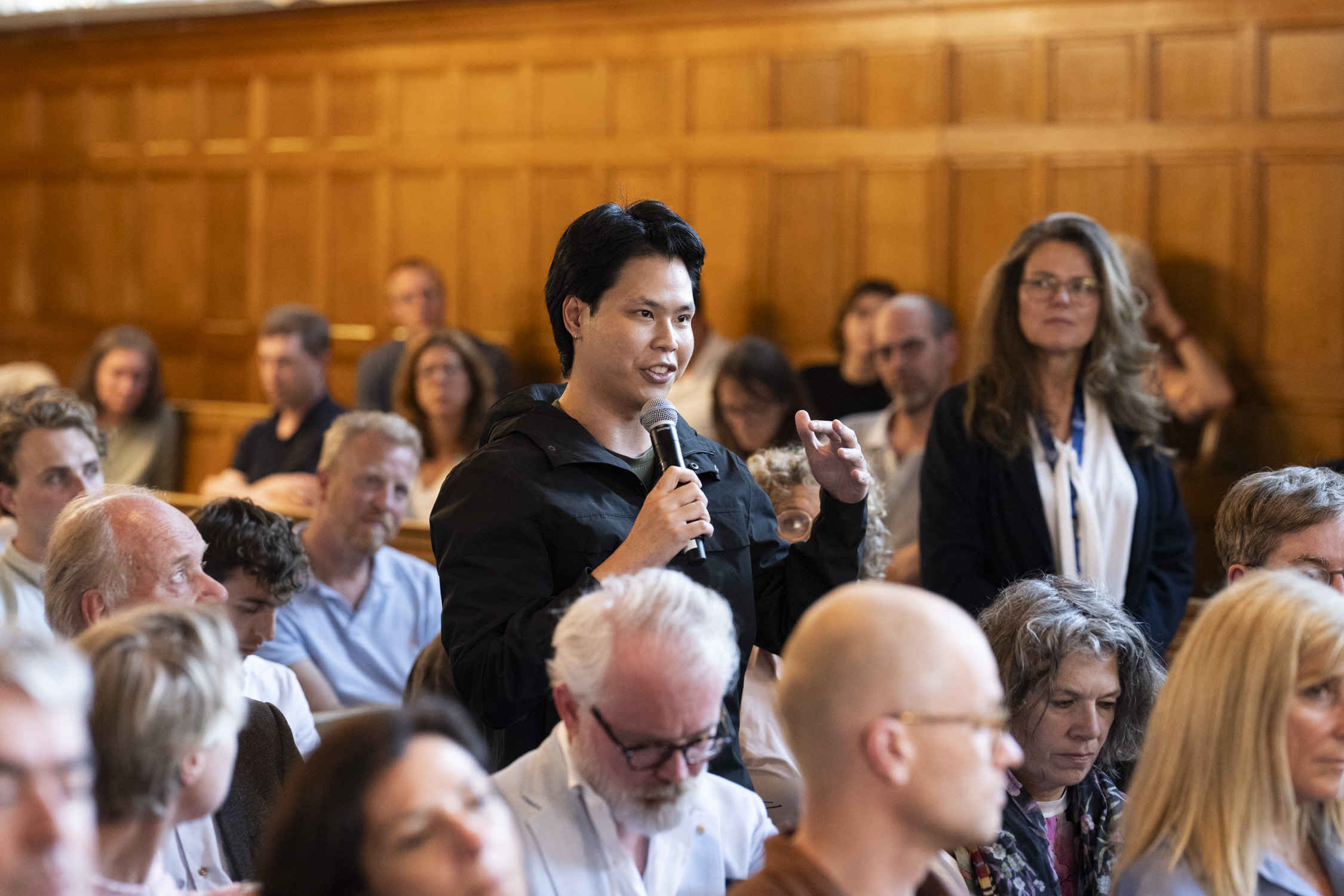
The audience was keen to discuss with Pinker and the other panellists -
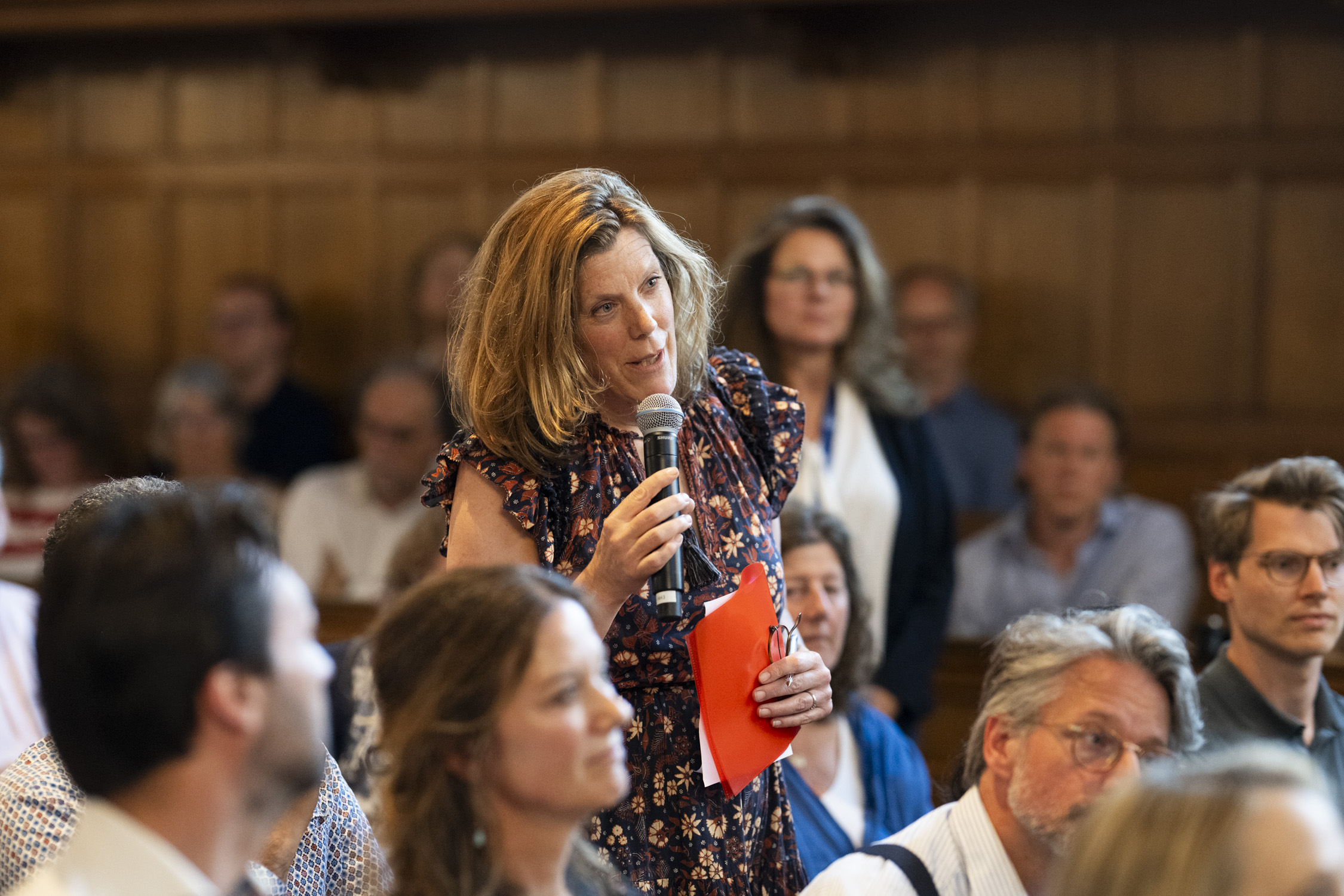
The questions kept coming -
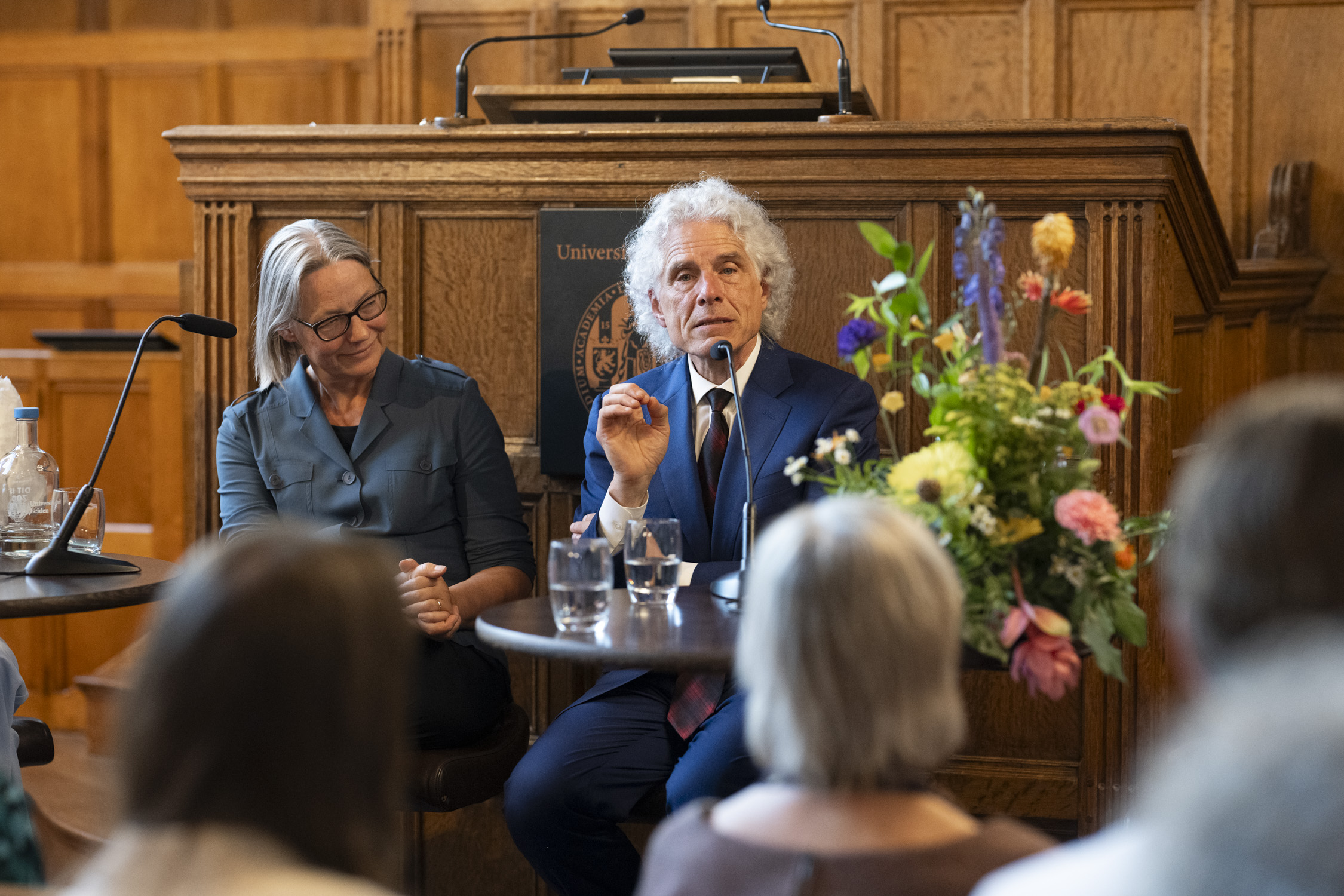
Steven Pinker answers one of the questions
Most fundamental debate
Steven Pinker’s lecture and the subsequent debate offered more than a reflection on geopolitics. Pinker’s lecture was a call for clear thinking, shared humanity and the power of ideas. In a world of emerging threats and ideological fragmentation, this may be the most fundamental form of defence we have.
What are we defending? - Lecture by Steven Pinker
Due to the selected cookie settings, we cannot show this video here.
Watch the video on the original website or